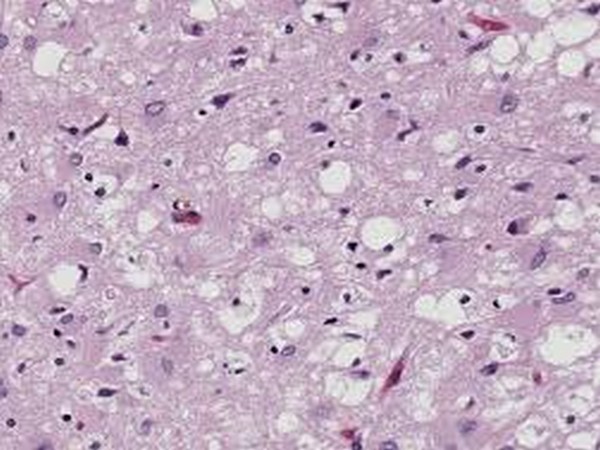Researchers find new potential treatment for prion diseases
A novel study has suggested a possible effective treatment strategy for patients suffering from prion disease. The study has been published by Oxford University Press.

- Country:
- United States
A novel study has suggested a possible effective treatment strategy for patients suffering from prion disease. The study has been published by Oxford University Press. The result of the new study was published in the journal Nucleic Acids Research. Prion disease is a rapidly fatal and currently untreatable neurodegenerative disease. While prion disease is quite rare, it typically causes rapid neurodegeneration. About 300 cases of prion diseases are reported each year in the United States.
The most common form of prion disease that affects humans is Creutzfeldt-Jakob disease. Bovine spongiform encephalopathy, popularly known as Mad Cow Disease, is another prion disease. Prion diseases are caused by disrupting the structure of a normal human prion protein, producing toxic clumps in the brain. Because prion protein is central to disease, reducing levels of prion protein in patients is a promising therapeutic approach. Senior author Sonia Vallabh learned that she carried a mutant form of the prion protein gene prior to switching careers to become a patient-scientist and advocate for treatment. She and her coworkers had previously observed that antisense oligonucleotides that reduce levels of the prion protein can extend the survival of animals infected with misfolded prions. While these initial data were promising, many critical questions remained before therapeutic development could be possible.
Research teams led by Vallabh at the Broad Institute of Harvard and MIT, Holly Kordasiewicz at Ionis Pharmaceuticals, and Deb Cabin at McLaughlin Research Institute, report the results of preclinical studies of an antisense therapy against prion disease. In this new work, using an expanded set of prion protein -targeting antisense oligonucleotides, the authors have laid the basis for full-scale clinical development. This research shows that, across multiple treatment paradigms, reducing levels of prion protein in prion-infected lab animals significantly extend their survival. Researchers here showed that reducing levels of the prion protein can triple the survival of prion-infected animals. Even reducing prion protein levels by a small amount, which should be easier to achieve clinically, resulted in significant survival benefits.
Reduction of prion protein is effective across prion strains and across a battery of different treatment time points. The researchers show that reducing prion protein is effective before any symptoms are seen. They also demonstrate, for the first time, that a single dose of a prion protein -lowering treatment can reverse markers of disease even after toxic clumps have formed in the brain. "While there are still many steps ahead," said Vallabh, "these data give us optimism that by aiming straight at the genetic heart of prion disease, genetically targeted drugs designed to lower prion protein levels in the brain may prove effective in the clinic." (ANI)
(This story has not been edited by Devdiscourse staff and is auto-generated from a syndicated feed.)
- READ MORE ON:
- Oxford University Press
- United States










